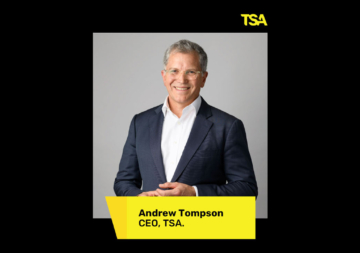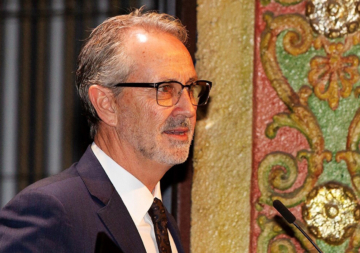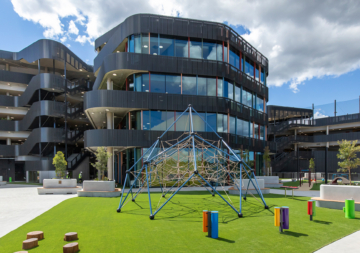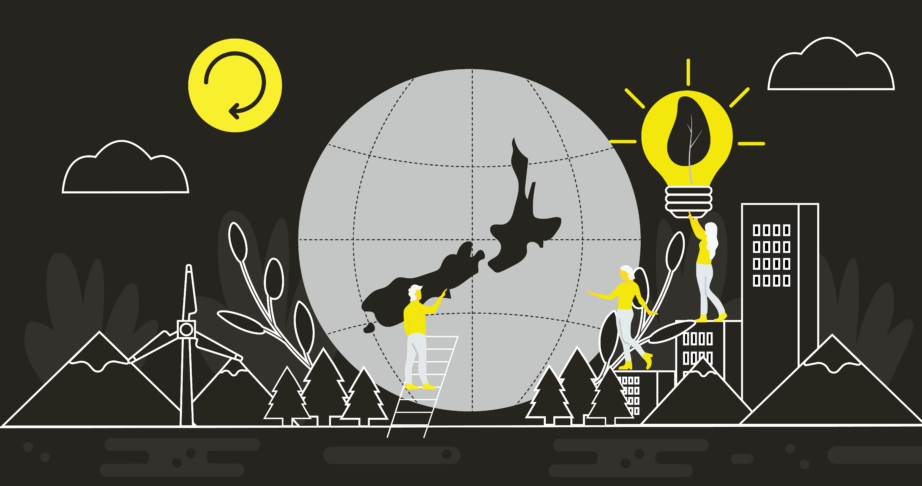
15 June 2022
Move over Corporate Social Responsibility, there’s a new framework in town!
TSA’s mission is to leave a positive legacy for those who live in the communities we help create.
In 2018, we developed our Corporate Social Responsibility (CSR) framework in support of this, which aligned with the following four pillars:
- Our People
- Our Planet
- Our Community
- Our Australian Reconciliation Action Plan (which also had a focus on Te Tiriti o Waitangi outcomes in New Zealand).
Earlier this year, the decision was made to move to an Environment, Social and Governance (ESG) approach, which outlines the goals, processes and strategy to develop and implement ESG across our business. It builds on our legacy of internally focussed CSR, to external recognition and measurement of what we do now and in the future.
ESG frameworks use environment, social, and governance factors to evaluate sustainability practices within a company. Where CSR involves guiding principles and ideals and can indicate corporate culture and values – ESG is the action and measurable outcome. For example, an ESG initiative could be the commitment to be carbon neutral by a fixed date.
In essence, CSR gives context to sustainability agendas and social responsibility (i.e. the qualitative side), while ESG is the action and measurable outcome (i.e. the quantitative side). For TSA, adopting ESG will empower the growth of our people, enable recognition of our values, and support measurement of our commitment that can be externally verified.
With governments increasingly co-investing in large infrastructure assets with private equity investors and superannuation funds, or in future divestment, the measurable ESG elements through design, construction and operation become critical.
We are committed to adopting the Global Reporting Initiative (GRI) Standards to develop, implement and monitor our environment and social commitments. The GRI aligns with our four ESG pillars of Our People, Our Planet, Future Legacy, and Our Principles of Governance and will enable us to generate positive impacts.
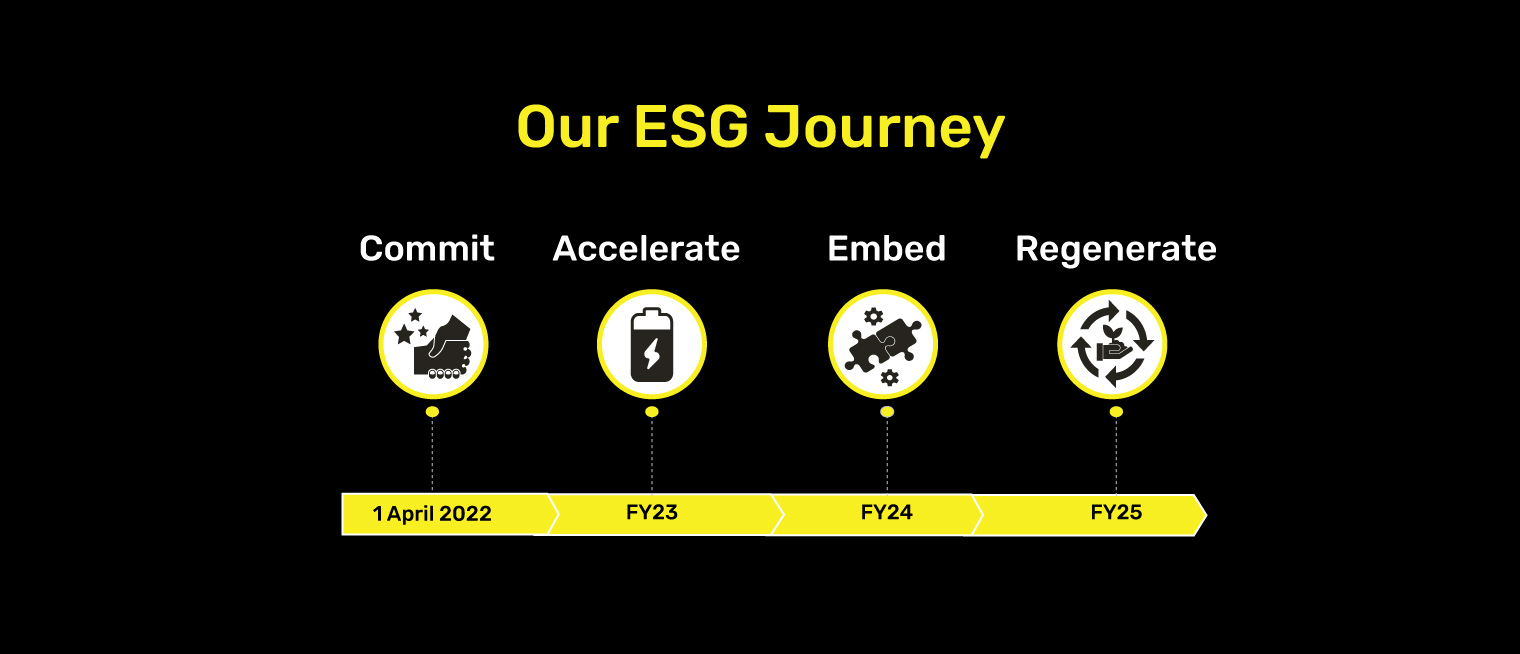
Recent examples of the initiatives that TSA and our people in Aotearoa – New Zealand, have been undertaking include:
Green Star. Our buildings and cities play a crucial role in driving a cleaner, zero-carbon Aotearoa. This, combined with last November’s announcement of a climate standard for new government buildings, has signalled an important shift in how our public sector designs and constructs its buildings. To meet this shift and support our clients, we are increasing our Green Star Practitioners and Accredited Professionals to over 20.
Toitū Envirocare. Toitū Envirocare leads businesses with their developed systems of carbon and environmental programmes. Providing tools, actions and evidence to enable real progress and enact positive change. Working with the TSA team, Toitū will help us measure our carbon footprint through a review of our travel, commute, power generation and other attributing emission habits as a business. Once our carbon footprint is measured, a reduction plan will be developed to obtain ‘Toitū Carbon Reduce Certification’.
This is a very exciting step in our carbon emissions journey. When our maturity grows in this space, we will look towards offsetting our carbon emissions and seek ‘Carbon Zero Certification’.
Amotai Membership. Amotai is Aotearoa’s Supplier Diversity Intermediary – providing Māori and Pasifika businesses with connections to buyers who recognise the added social value buying from Māori and Pasifika businesses can create in our communities. To support supplier diversity and enable us to better connect with Māori and Pasifika-owned businesses, TSA has joined Amotai as a registered buyer.
By actively seeking opportunities to engage with suppliers, we fully commit to supplier diversity for all suitable opportunities. This includes upcoming activities to coincide with Māori Language Week in September.
FutureFit NZ. March saw 17 of our Auckland team take up a 4-week challenge with FutureFit NZ to discover the impact our lifestyle has on the planet and demonstrate how everyday actions can make a difference.
A collaboration between Wellington City Council and Auckland Council (partnering with GenLess), FutureFit is New Zealand’s first-ever gamified carbon footprint tool. Individuals find out their carbon footprint and then take action to reduce it in an interactive and fun way.
Our team ‘TSA AKL Auckland Carbon Fighters’ completed the challenge and were ranked #28 on the leader board. They saved an impressive 382.12kg of carbon over the month through various activities and initiatives, including:
- Cycling to and from work
- Scheduling meat-free meal days
- Using reusable cups for coffees
- Taking shorter showers (under 4 minutes!)
- Choosing to buy second-hand clothing in-store or online
We can’t wait to see the benefits of our ESG journey.
Want to learn more about how TSA can help you with ESG on your projects? Contact Sharyn Pilbrow by email.
